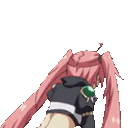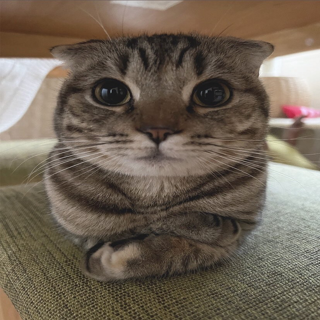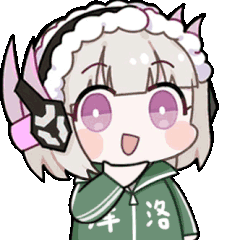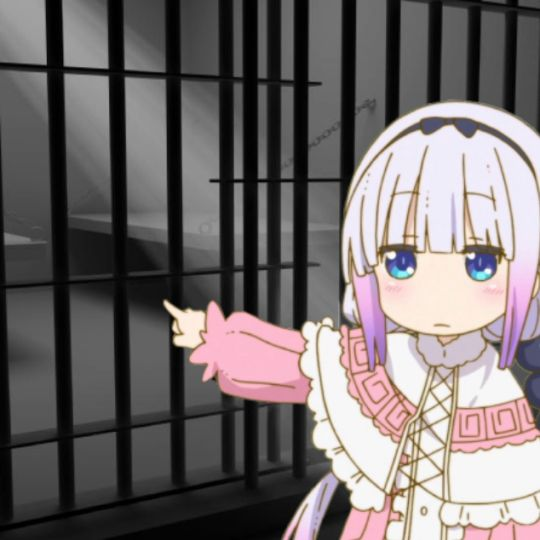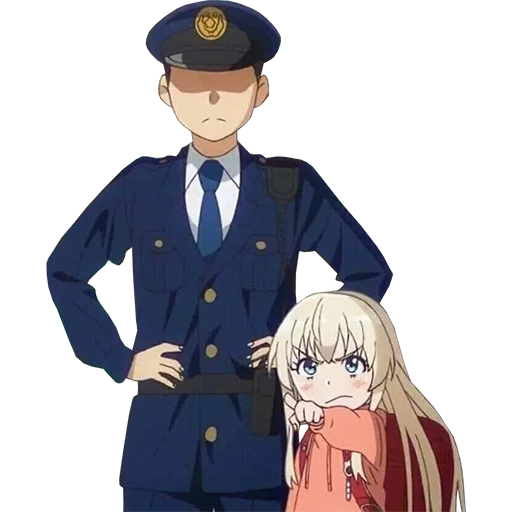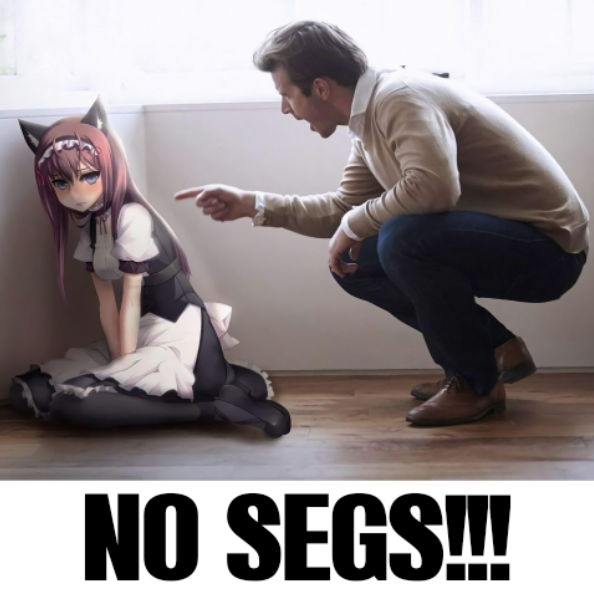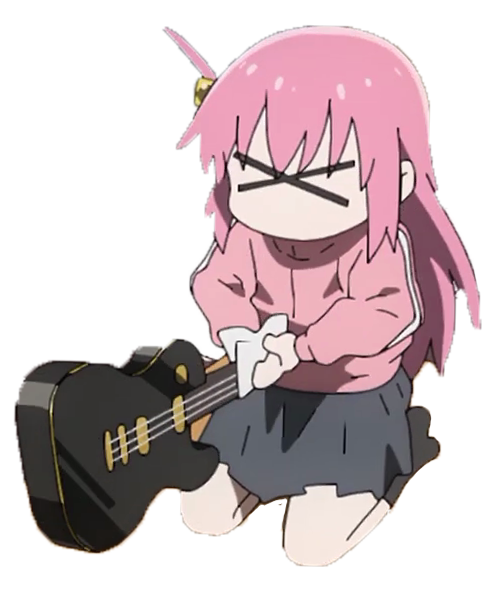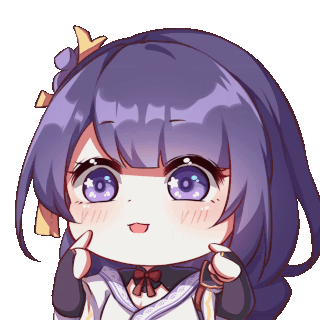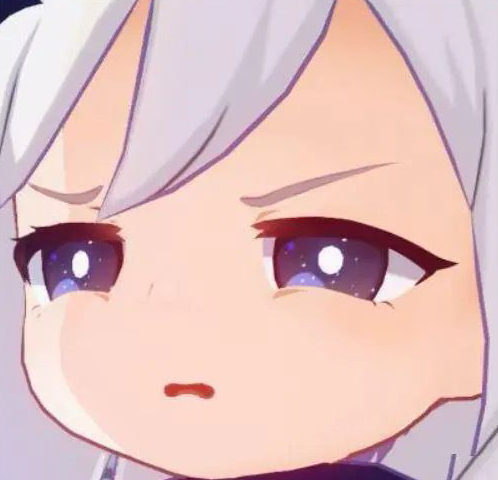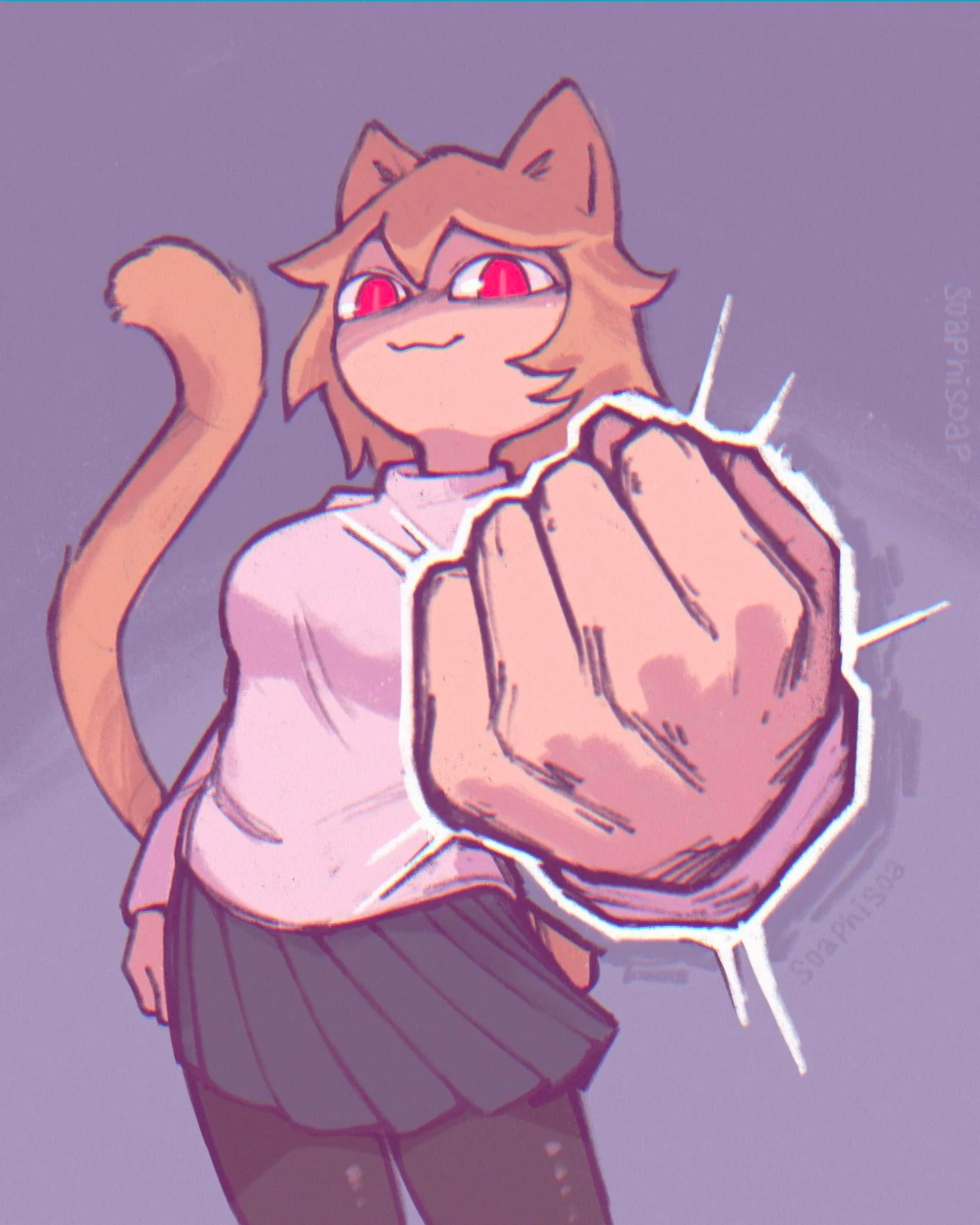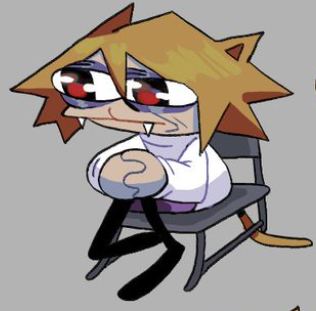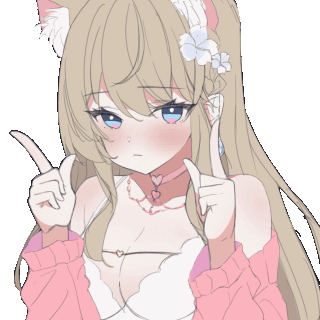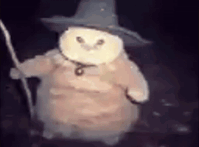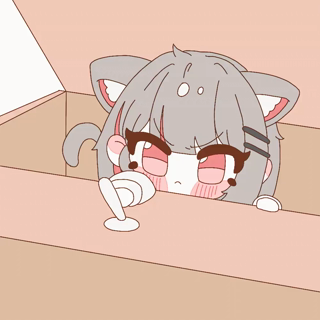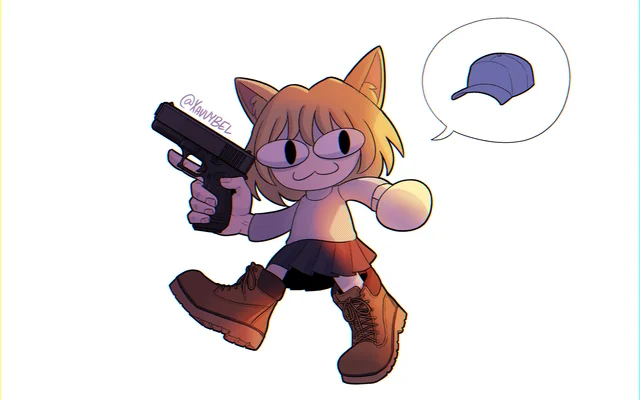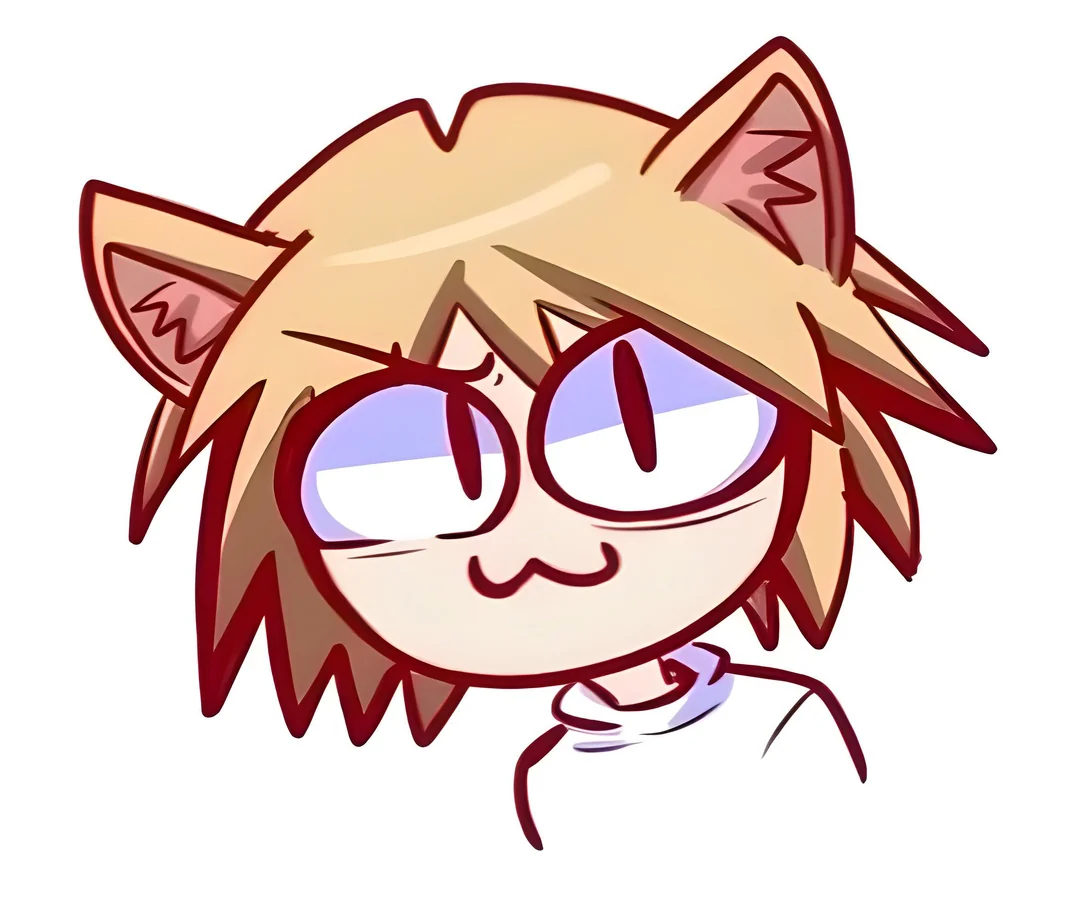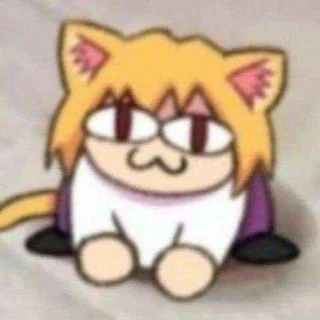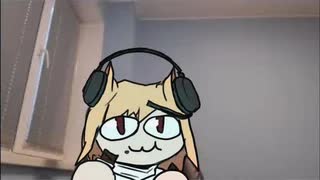Virgin Knight Who Is the Frontier Lord in the Gender Switched World - Chapter 97
- Home
- All
- Virgin Knight Who Is the Frontier Lord in the Gender Switched World
- Chapter 97 - Recollections of Mother
I try to dream.
After completing my prayers, I retire to my room, gently stroking Marianne, the cat curled up on the bed.
Clutching a feather-stuffed quilt to my body, I drift towards sleep.
The boundary between reality and dreams blurs as I recall the past—about the time when my mother, Caroline, was still alive.
Ah.
Even now, reflecting on it, I realize that my mother could hardly be called wise, especially considering how everything ended.
The lands, the people—everything was engulfed. Even the loyal retainers and troops who stood by her to the end were ruined, tainted with the stigma of treason.
There was not a single praiseworthy aspect of that outcome.
And it was the same while she was alive.
She simply lacked wisdom.
“Mother, I want to know more about this.”
In the library of the monastery within our domain, I had been granted access to read, thanks to the clergy—a privilege my mother had secured for me.
I was always craving more knowledge, opening books and dictionaries that covered various topics, pointing at pages, asking questions.
The correct answers seldom came.
“I’m sorry, Martina. I’ll ask the priest about it in a few days.”
My mother was not well-educated.
Of course, it wasn’t that she couldn’t read or write.
Being the second daughter of a feudal lord ruling over a thousand subjects in the Bösel domain, she had received an education meant for a spare.
But being a spare was just that—being a spare.
It wasn’t that my mother was inferior; she simply wasn’t exceptional.
If one were to assess her calmly, her talents leaned more towards those of a warrior.
Therefore, she couldn’t provide the answers to many of my questions.
Instead of answers, my mother would stroke my head apologetically, as usual.
I, too, would accept it, albeit somewhat guiltily.
After all, there was really no need to go through my mother.
The priest, always in the monastery, knew all about the books in the library and was intelligent enough to write books herself.
The information I sought should have been obtainable from her.
But I wanted the answers from my mother.
How should I describe my younger self?
Foolish? Childish?
I was probably asking too much from her.
It was incredibly naive, but I believed that my mother should naturally be able to answer my questions.
In essence, I was being indulgent.
I wanted to read books with her, discuss them, and share knowledge if possible.
I was always seeking someone to converse with.
“Martina, don’t you feel like playing with the other children?”
“Their conversations don’t interest me.”
Those who could almost be called my milk siblings, other children.
When my mother was away on military duty or busy, families of the retainers would nurse me.
When I was not yet self-aware, there certainly were such children around.
But it was no use.
“They and I, we just don’t have much in common.”
“Yes, I see,” my mother nodded, looking a bit sad.
I was probably very intelligent.
I was aware of it.
If I were to be a bit conceited, maybe I belonged to what they call superhumans.
I even used to think so in the past.
From a young age, I could understand the ancient languages, known as academic languages, used by clergy and scholars.
Since these languages were also understood outside the Holy Gusten Empire, they were used as a higher common language.
Some of the books in the library were written in this ancient language.
My mother couldn’t read them.
Unlike my aunt, the legitimate daughter, she hadn’t received the education for it.
Pointing at books she could barely understand, asking her child about them.
To my mother, that must have seemed incredibly uncharming.
If I could meet myself from that time, I would want to ask.
Just how foolish and childish were you?
Couldn’t you see that your mother was troubled and sad?
As a child, I was exceedingly cruel.
Ah, yes.
I remember one episode from that time.
“Mother, what are you doing?”
Bleary-eyed.
When heading to the bathroom, I smelled not beeswax, but the scent of a candle made from animal fat.
Sniffing it out, I walked towards my mother’s room.
There, my mother was practicing her writing.
…
My mother looked troubled, her eyes darting around as she struggled for a response.
Even as a child, I noticed the scattered papers with writing errors on the desk, understanding what she was doing.
My mother was practicing ancient and higher common languages.
Realizing she couldn’t hide it, she spun her words kindly, almost like making an excuse.
“I’m also… trying to understand what you want to know, Martina.”
My mother was honest with me.
She was sincere, attempting to be completely open even as she recognized her own limitations.
It made me feel nauseous.
“There’s no need for that, Mother. Why would you need to do such a thing?”
The words I used back then make me feel nauseous now.
What was I thinking?
What was going through my mind at that time?
It’s utterly nauseating.
How could I, not even nine years old, have spoken such harsh words to my mother who was trying so hard to respond to me?
“Right, I’m sorry.”
The image of my mother, apologizing and looking sad, is still etched in my memory.
Her hands, embarrassed, tried to hide the papers with writing errors.
I wanted to die.
What was I thinking to be able to say such cruel words?
Although I was actually pleased that she was accepting my thoughts, at that time, I harbored contradictory feelings, not wanting her to embarrass herself—enough of that.
My mother was not very intelligent.
At best, she was average.
And I was utterly foolish.
Such are my recollections of my mother’s personality.
Just recalling one such episode allows me to comment on her character.
She was gentle with everyone and equally terribly timid.
Having lived her life as a spare, she had a shadowy presence and couldn’t fully hide her servility.
Even towards me, her own daughter, she would mutter with apparent lack of confidence.
She would repeat it over and over.
“I’m sorry, Martina.”
Perhaps, she truly despised herself.
Caroline von Bösel, her own being, seemed to her a terribly vague entity.
Born as a spare for her sickly sister, involved in the governance among the people, yet without the right to make decisions about the internal policies of the territory, and yet overly exploited in all military duties.
While the Bösel family continued to use her as they pleased, she lacked the courage to outright oppose them.
She seemed to have very little spirit.
Even if I were in my grandmother’s place—the utterly foolish noble who died of a stroke without deciding on a successor—it would have been worrisome to appoint my mother as the heir.
As a mere soldier, as a troop or commander, she might have been capable.
Indeed, Lord Faust, the strongest superhuman of Anhalt, had once commented that my mother was a respectable warrior.
But as a feudal lord?
As a knight-lord?
Compared to Lord Faust, she was weak.
Compared to him, with his bizarre values and self-sufficient tendency to act rashly, she was far too feeble.
Even to her own daughter, who was not even nine, she showed a face full of apologies.
If, in front of my grandmother, my mother had shown the initiative to plead that she was the rightful heir to the Bösel domain, she might have been readily acknowledged as the successor.
But that was not an option.
“Such thoughts are meaningless.”
Thinking about this serves no purpose.
The outcome doesn’t change.
Yet, I can’t stop reminiscing.
There’s just one thing I want to know.
Why did my mother take such actions?
My timid mother, who seemed to feel inferior about everything, suddenly rebelled against the entire world surrounding her.
When I first heard in the monastery that my mother had raised troops to usurp the family leadership, I vehemently denied it to the priest.
She wasn’t the type to do something so drastic.
The priest muttered, looking very troubled.
“You must not leave this monastery until everything is settled.”
I was hidden by the priest until it all ended.
By the time I was fully aware of the situation, my mother had already been beheaded by Lord Faust.
…
I must not cry.
I have no right to do so.
Having accepted the plea for mercy from Lord Faust to Queen Liesenlotte and thus preserving my life, I have no such right.
If crying is allowed, it would only be upon choosing to follow my mother in death.
At that time, I relinquished the right to cry.
“Why?”
Why?
Why, I ask again, was she a person without courage?
A coward.
Though she had decent talent as a warrior, she was terribly nervous, always preoccupied with the opinions of those around her.
How she was perceived by my grandmother.
While she truly despised her frail aunt, she passively accepted being treated as a mere tool by the territory.
As a small consolation, she was considerate to the retainers and subjects with whom she shared her military duties.
Like some kind of compensation, she clung to the clergy to ensure I received the necessary education.
And the outcome?
She was not designated as a successor by my grandmother.
My aunt was willing to pass on the leadership, but due to a break in relations from mutual dislike, she was unable to communicate this.
She led all those close retainers and subjects who had served with her in the military straight to hell.
She was excommunicated by the clergy she relied on, and her entire life was denied.
Everything felt futile.
It would have been better to do nothing.
If she had just continued as Caroline von Bösel as usual, doing nothing, she would have had everything.
My mother would still be alive.
Knowing this hypothesis only makes it feel more futile.
“Why, why attempt to usurp the leadership—such a foolish act?”
The odds were against her.
My mother was ultimately just a spare, not the legitimate daughter.
Not the majority, just a minority.
Though she had some skill, without being an extreme superhuman like Lord Faust, she could not overcome the power of numbers.
I heard that those who served with her in the military remained loyal to the very end.
Indeed, Lord Faust and the subjects of Polydoro praised their last moments.
There wasn’t a single coward among Caroline and her troops.
Everyone talks about a version of my mother that I don’t recognize.
Nobody understands.
Certainly, she may have done wrong, but even you shouldn’t feel shame, Lord Faust spoke with a sad face, not understanding everything.
It’s different.
The real mother was an irreparable coward.
A fool—no, I don’t want to say this.
I don’t want to call her a fool at all.
She was just endlessly weak and kind.
A sad person who endured endlessly, though she really had nothing.
That was the mother I knew.
Her entire life should have been rewarded by being given the leadership from her aunt.
The reality was different.
My mother was beheaded, her head displayed in the streets of Anhalt, mocked and pointed at by the populace who knew everything.
Eventually, her body decayed and was thrown outside the stone gates, perhaps even eaten by starving dogs.
It couldn’t be helped.
But.
The mother I knew was not such a criminal.
She could never have resolved to depose her sister and usurp the leadership and territory.
I, Martina, am forgetting something.
Or perhaps, I am not aware of something.
Why did Caroline resort to such an extreme act as usurping the leadership?
Why would such a timid mother even consider rebellion?
Why did she entertain such a foolish and fleeting dream?
That has always been my concern.
“Nyaan.”
The touch of stroking a head, Marianne pressed herself against my head.
While remembering the touch once given by my mother, I decided to fall asleep.
Someday, I will understand.
What my mother was thinking, why she did what she did.
As her daughter, I must uncover it.
I alone want to know that.
If there is someone who remembers, it might provide a little solace for my mother who fell into hell.
My thoughts dissolved into sleep.






